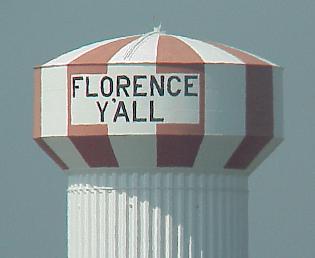
One may see in the shop-windows of a Fourth avenue confectioner, ‘Pies Open All Night.’ An undertaker in the same thoroughfare advertises, ‘Everything Requisite for a First-class Funeral.’ A Bowery placard reads, ‘Home-made Dining Rooms, Family Oysters.’ A West Broadway restaurateur sells ‘Home-made Pies, Pastry and Oysters.’ A Third avenue ‘dive’ offers for sale ‘Coffee and Cakes off the Griddle,’ and an East Broadway caterer retails ‘Fresh Salt Oysters’ and ‘Larger Beer.’ A Fulton street tobacconist calls himself a ‘Speculator in Smoke,’ and a purveyor of summer drinks has invented a new draught, which he calls by the colicky name of ‘Aeolian Spray.’ A Sixth avenue barber hangs out a sign reading ‘Boots Polished Inside,’ and on Varick street, near Carmine, there are ‘Lessons Given on the Piano, with use for Practice.’ ‘Cloth Cutt and Bastd’ is the cabalistic legend on the front of a millinery shop on Spring street; on another street the following catches the eye: ‘Washin Ironin and Goin Out by the Day Done Here.’
— Frank H. Stauffer, The Queer, the Quaint and the Quizzical, 1882


